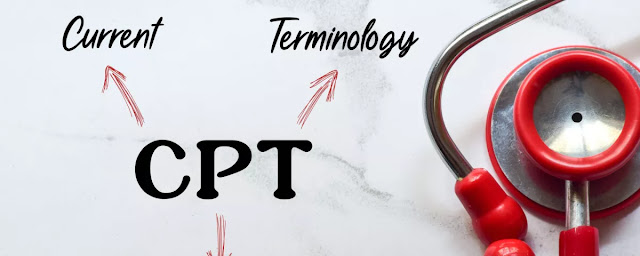Common Medicare Billing Errors and How to Avoid Them
Medicare billing can be a complex and detail-oriented process. Even experienced healthcare providers sometimes struggle with claim denials, delays, and compliance issues. For clinics, hospitals, and private practices, minimizing billing errors is essential to ensure timely reimbursement and maintain financial stability.
In this blog, we’ll explore the most common Medicare billing errors and how healthcare providers can avoid them by leveraging professional medical billing services.
1. Incorrect Patient Information
One of the most common and avoidable mistakes in Medicare billing services is submitting claims with inaccurate or outdated patient information. This includes incorrect names, dates of birth, insurance ID numbers, and addresses.
✅ How to Avoid It:
-
Verify patient information during every visit.
-
Use EHR systems that integrate with your billing software.
-
Partner with a medical billing service that offers real-time data verification and claim scrubbing.
2. Improper Use of Modifiers and Codes
Coding errors, including the incorrect use of CPT, ICD-10, and HCPCS codes, often lead to claim denials or reduced reimbursements. Medicare has strict guidelines on how services should be coded, especially for multiple procedures and specialty services.
✅ How to Avoid It:
-
Stay updated with coding changes and Medicare guidelines.
-
Train staff regularly or outsource to certified coders.
-
Utilize Medicare billing services with built-in coding compliance checks.
3. Duplicate Billing
Submitting multiple claims for the same service is a frequent issue, especially in high-volume practices. Whether intentional or accidental, duplicate billing is flagged by Medicare and may lead to audits or penalties.
✅ How to Avoid It:
-
Conduct regular internal audits of submitted claims.
-
Use billing software with duplicate detection features.
-
Let a professional medical billing services provider manage claims submission to reduce risks.
4. Failure to Verify Medicare Eligibility
Medicare eligibility can change over time, and submitting claims for non-eligible patients is a guaranteed denial. Many providers miss updates regarding a patient’s status, secondary insurance, or coverage changes.
✅ How to Avoid It:
-
Always check Medicare eligibility before rendering services.
-
Use automated eligibility verification tools.
-
Outsource to billing professionals who handle eligibility checks as part of their process.
5. Missing or Incomplete Documentation
Medicare requires proper documentation for services rendered. Missing clinical notes, incomplete encounter forms, or lack of medical necessity can all result in rejected claims.
✅ How to Avoid It:
-
Implement clear documentation workflows for physicians and staff.
-
Use EHR systems that support clinical documentation integration.
-
Choose a billing company that also offers Medicaid billing solutions and understands cross-program compliance needs.
6. Late Filing of Claims
Timely filing is critical when dealing with Medicare. Claims must generally be submitted within 12 months from the date of service. Late submissions are often denied without recourse.
✅ How to Avoid It:
-
Track service dates and submission deadlines.
-
Automate claim submission where possible.
-
Work with medical billing services that ensure claims are submitted on time and monitored for response.
7. Unbundling of Services
Medicare has strict rules about how services should be billed together. Billing separately for procedures that should be bundled is a red flag and can lead to audits or penalties.
✅ How to Avoid It:
-
Use bundling guidelines from CMS.
-
Stay current with Medicare updates and procedural edits.
-
Hire billing experts who specialize in Medicare billing services to avoid costly mistakes.
Final Thoughts
Billing errors don’t just delay payments—they also affect patient trust, increase administrative workload, and could trigger audits. That’s why many healthcare providers are turning to professional medical billing services for help. Whether you’re dealing with Medicare billing services, Medicaid billing solutions, or both, outsourcing can drastically reduce errors and improve your revenue cycle.
At Pana Healthcare Solutions, we specialize in helping providers streamline their billing process, stay compliant with Medicare and Medicaid regulations, and maximize reimbursement. Our team understands the complexities of the billing landscape and provides full-service support tailored to your needs.
Ready to simplify your Medicare billing process?
Contact Pana Healthcare Solutions today and let our experts handle the complexities so you can focus on what matters most—patient care.



Comments
Post a Comment